Submarine expert explains what Titan sub debris will reveal
Investigators are poring over debris of the OceanGate Titan submersible to find out what caused it to implode as it plunged to the bottom of the Atlantic Ocean, killing all five on board.
Wreckage scooped from 12,500ft down on the ocean floor will be key to explaining the fate of the passengers and what part of the vessel failed, according to Dr. Peter Girguis, a Harvard University professor and oceanographer.
“In a nutshell, investigators are going to be looking at the different pieces of hardware they recover and to try and pinpoint where a failure happened,” he told The Post Thursday.
“You can look at the materials and look for patterns that point to where a failure happened and how it happened,” he added.
Harvard University professor and oceanographer Girguis said the most likely culprits are either the carbon fiber hull, the front view port or the interface between the titanium and the carbon fiber.
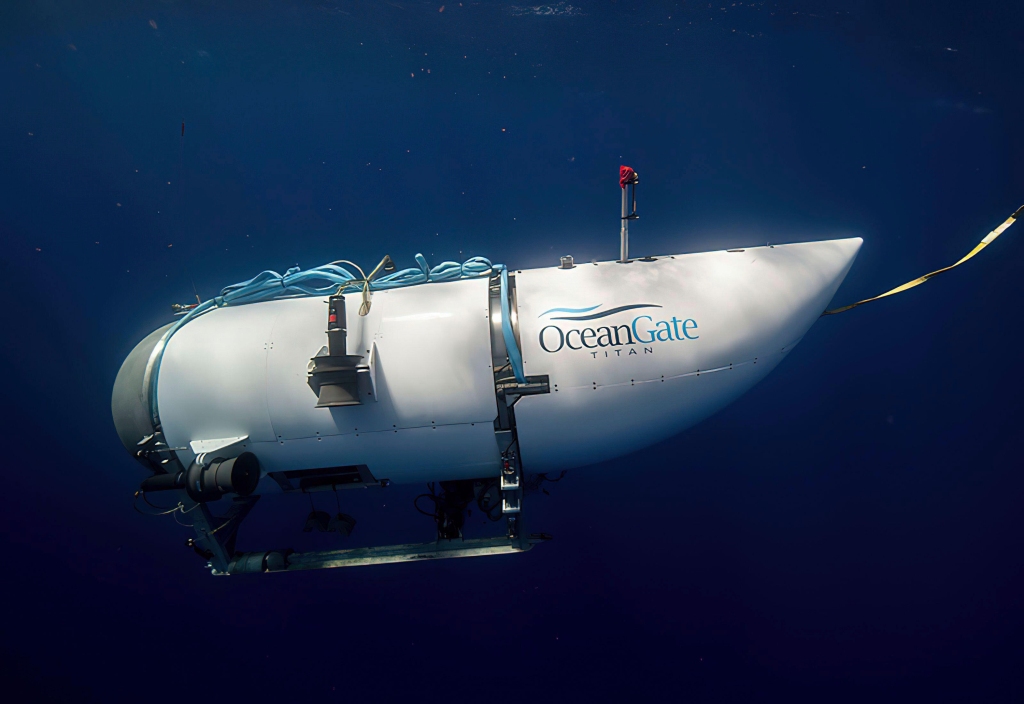
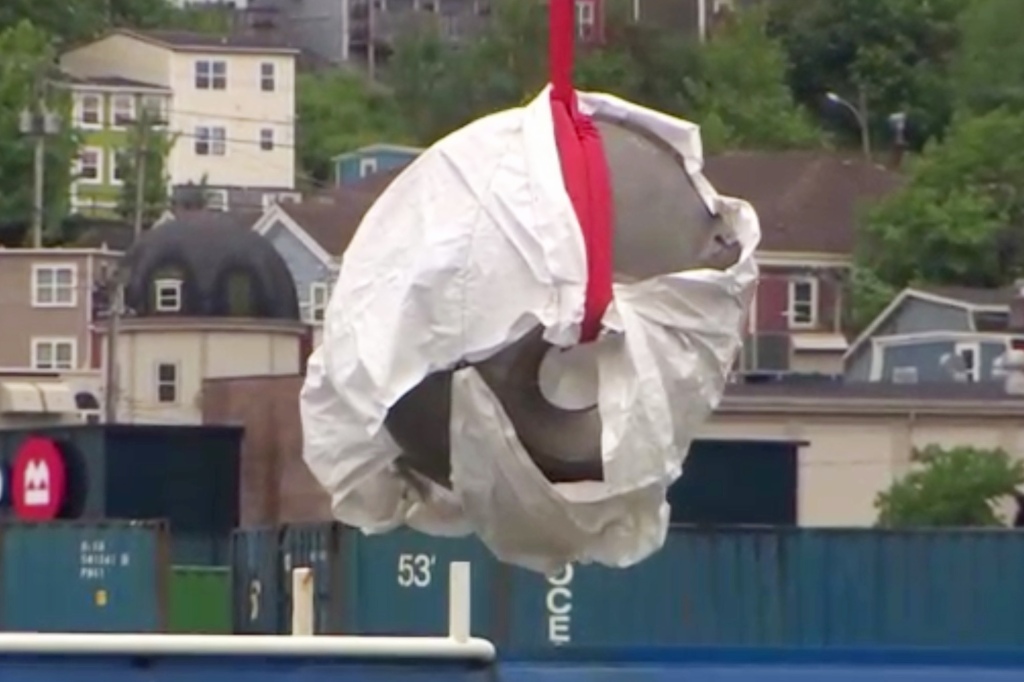
Unlike most other deep sea vehicles which use titanium or especially strong steel for the enclosure where humans sit, the Titan’s hull was made of carbon fiber with a pair of titanium end caps. What appeared to be one of the end caps was seen being brought to the water’s surface at St. John’s harbour, Newfoundland, Canada on Wednesday.
The Coast Guard has said the debris is consistent with a catastrophic implosion, causing the Titan’s pressurized hull to collapse in on itself and shatter killing Pakistani Sulaiman Dawood, 19, his tycoon father, Shahzada Dawood, 48, British billionaire Hamish Harding, 58, famed Titanic explorer Paul-Henri Nargeolet, 77, and OceanGate founder and CEO, Stockton Rush, 61
Girguis, an adjunct oceanographer in applied ocean engineering and physics at the Woods Hole Oceanographic Institution, also noted the Titan sub’s unique, round plexiglass window, which was different from the “tried and true design” that had been proven and used for decades in other submersibles.
“The window on Titan deviated from that design,” he explained. “It would be worth looking at to understand its possible role in this catastrophe.”
And the drastic temperature change between the ice-cold deep sea and the electric vessel also “has to be considered,” Giguis said.
“Changing temperatures dramatically can put added stress and strain on materials,” he said.
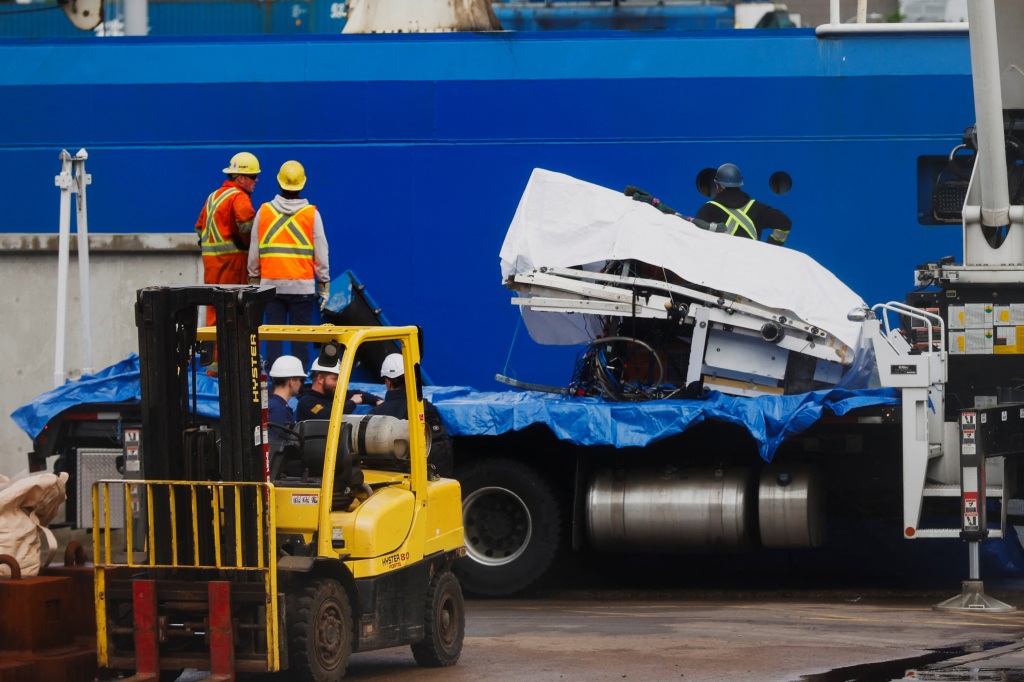
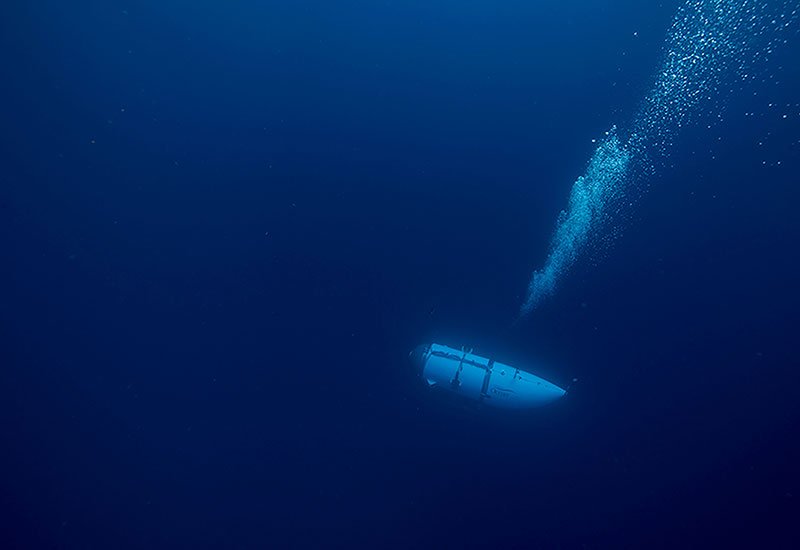
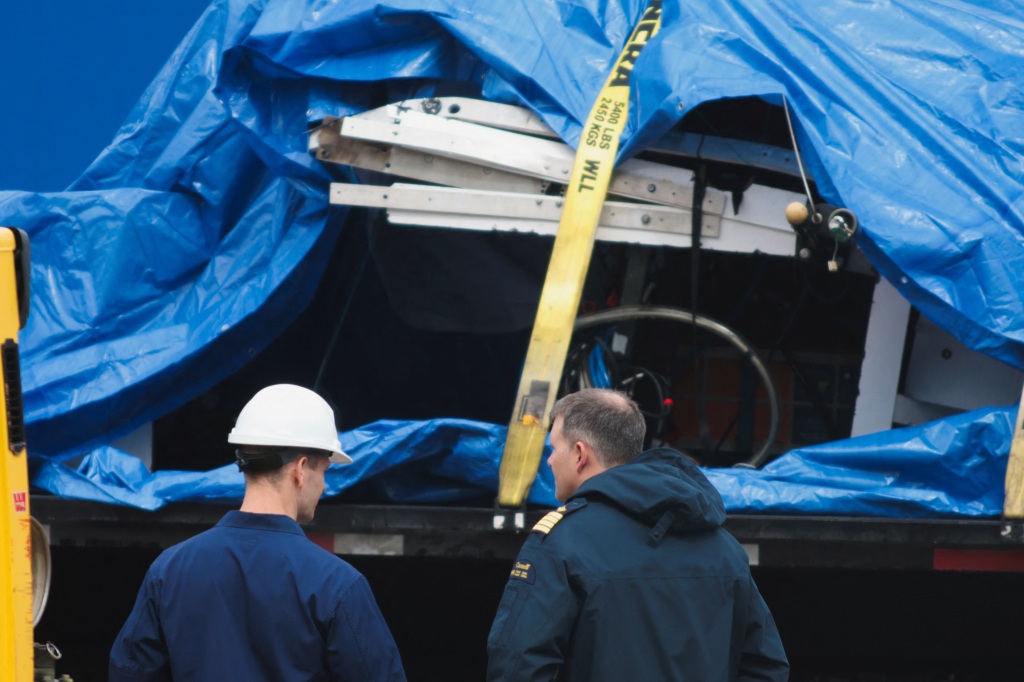
It is unclear if OceanGate’s maverick boss Rush had put the Titan through the standard industry pressure tests between dives.
Most deep sea vehicles undergo several repeated tests at pressures beyond the depths the sub is planning to travel before diving. If these were conducted, there may be records showing where any weaknesses lie.
If any such records of Titan submersible’s history were kept, investigators could glean clues as to the vessel’s condition before it descended into the Atlantic on the morning of June 18.
Submersibles do not have anything similar to the black box recorder fitted to passenger jets or other types of vehicles, Girguis said. And it was also unclear whether the Titan sub was outfitted with any sort of systems or sensors that would have left an electronic record onboard.
“Titan’s sort-of minimalistic approach means … it’s less likely that they’re going to find some record in the electronics of the vehicle,” he added.
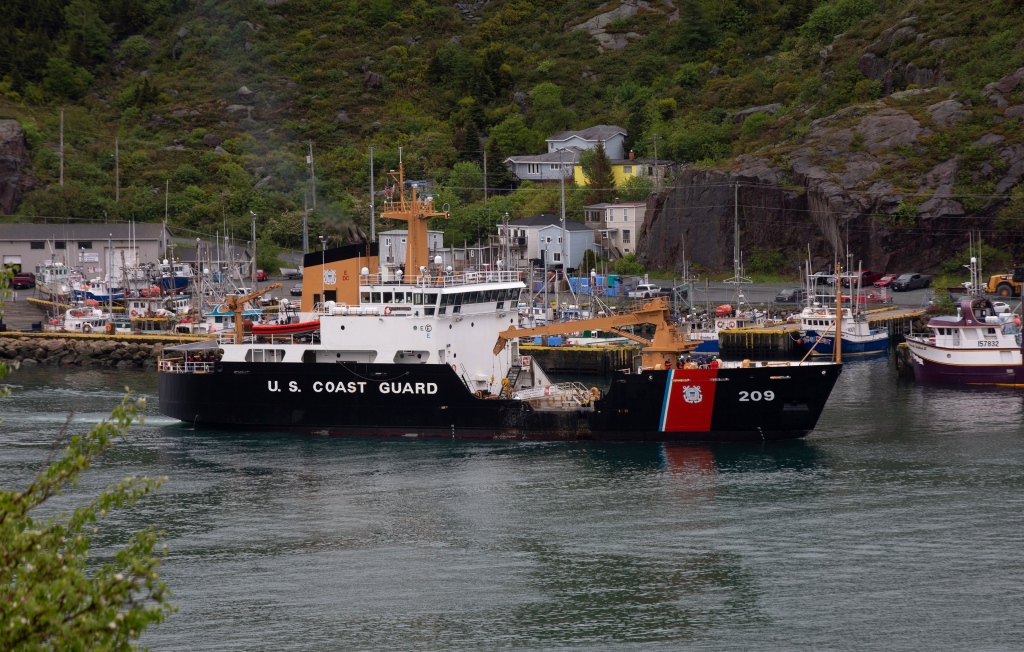
The US Coast Guard announced Wednesday it had recovered “presumed human remains” from the Titan wreckage.
“United States medical professionals will conduct a formal analysis of presumed human remains that have been carefully recovered within the wreckage at the site of the incident,” the agency said in a statement.
OceanGate Expeditions’ Titan submersible was descended into the Atlantic Ocean early June 18 bound for the Titanic wreckage 12,500 feet below.
The five people were sealed into the sub by 17 bolts, which could only have been opened from the outside. They were estimated to have had 96 hours of oxygen reserves when they left the water’s surface.
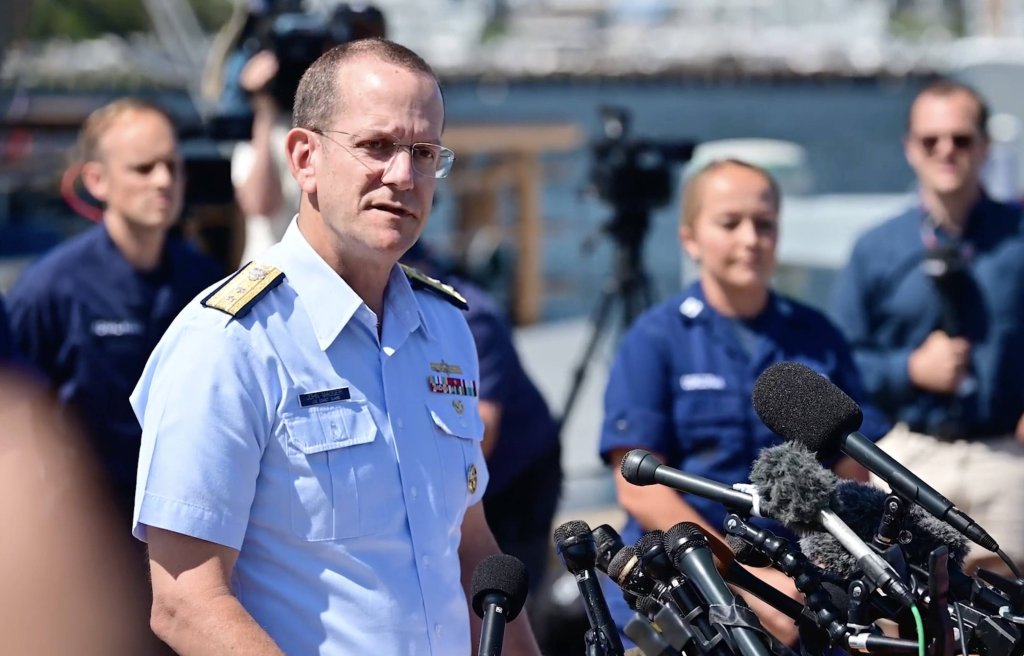
The USCG’s recovery efforts remain ongoing, as several other probes are underway.
Royal Canadian Mounted Police Superintendent Kent Osmond said Saturday authorities are working to determine whether the case warrants a criminal investigation.
“Such an investigation will proceed only if our examination of the circumstances indicate criminal, federal or provincial laws may possibly have been broken,” he told reporters.
Meanwhile, Investigators with the Transportation Safety Board of Canada visited the Polar Prince, the OceanGate Titan sub’s lead ship, Saturday “to collect information from the vessel’s voyage data recorder and other vessel systems that contain useful information,” TSB Chairwoman Kathy Fox told CNN.
Fox reportedly said the agency wants to “find out what happened and why and to find out what needs to change to reduce the chance or the risk of such occurrences in the future.”
Rush had allegedly refused to heavily-suggested safety tests, despite urging from the Marine Technology Society.
Read the full article Here


